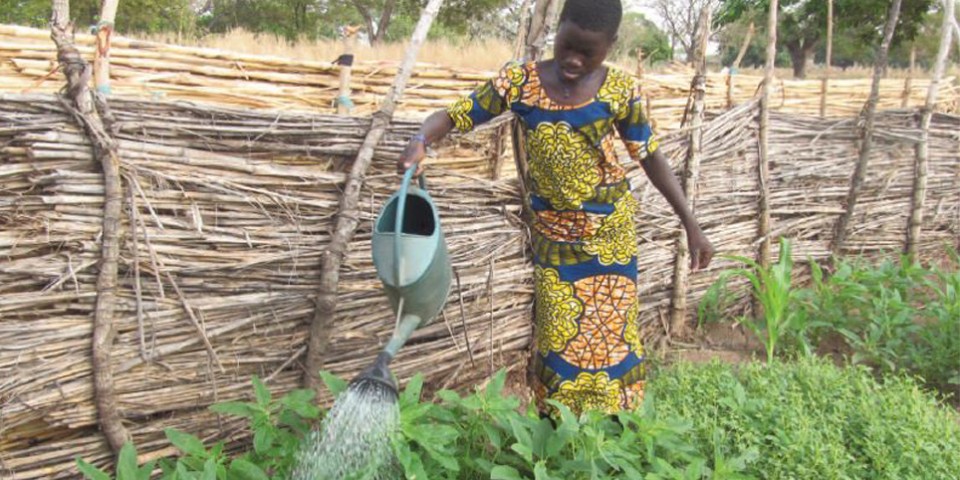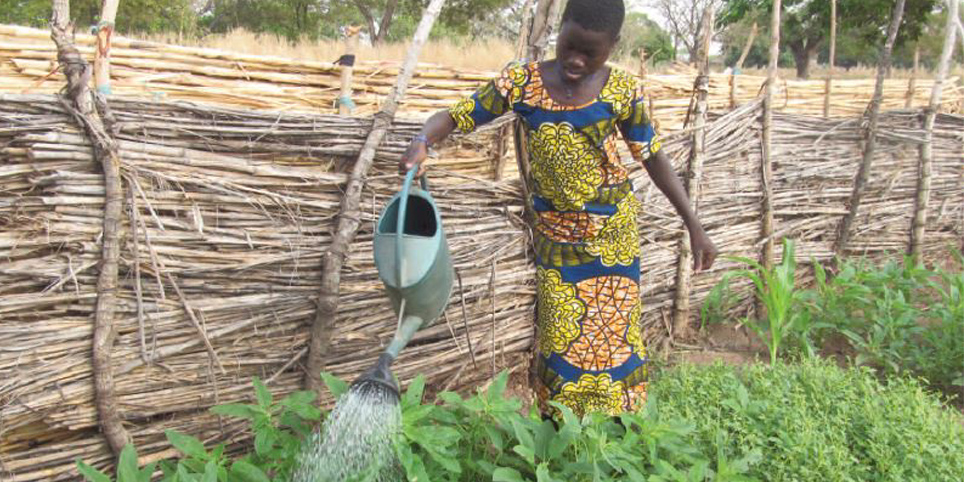A 'blue school' is a school with an operational and well maintained drinking water supply system, with appropriate materials and installations for sustainable health and sanitation (H&S) and with a space for linking the environment and efficient water management. The activities developed within the context of 'blue schools' are undertaken together with teachers, school children and their parents.
The concept of 'blue schools' was launched with the implementation of the Swiss Water & Sanitation Consortium’s projects in reference with documents introduced by the Swiss Agency for Development and Cooperation (SDC).
Lessons learnt & challenges
For the 'blue schools' launched in Benin, the following lessons have been learnt regarding access to water, hygiene and sanitation:
- Water installations in schools greatly facilitate the promotion of hygiene, especially hand-washing at key times, the consumption of drinking water and the maintenance of H&S facilities;
- The self-evaluation workshops which are organized are very useful to promote greater responsibility among teachers for the implementation of the promoted H&S activities;
- The limited financial capacities of schools to meet the costs of repairs in case of breakdown of the constructed installations;
- The consistency between good practices taught in school and their application in the home. For example, school children internalize and recite H&S practices by heart, but such practices are not always respected at household level due to the lack of adequate sanitation infrastructure.
As for the market gardening and reforestation component, one can remark that:
- Through the 'blue school' experience, school gardening has become a learning activity providing school children and teachers with various benefits (e.g. knowledge about market gardening activities and practical training to various subjects such as Earth and Life Sciences, Environmental Sciences and Mathematics);
- Water needs for market gardening are not always met due to the fact that the installations are shared between the community and the school;
- Unsold harvested products, especially during the rainy season when school children are on vacation;
- Transparency in the management of income from some school gardens since records are not always kept.
More lessons learnt, challenges and infos about 'blue schools' launched in Benin can be read in the full report (2nd edition, 2015 - FR) / full report (2014, EN)


